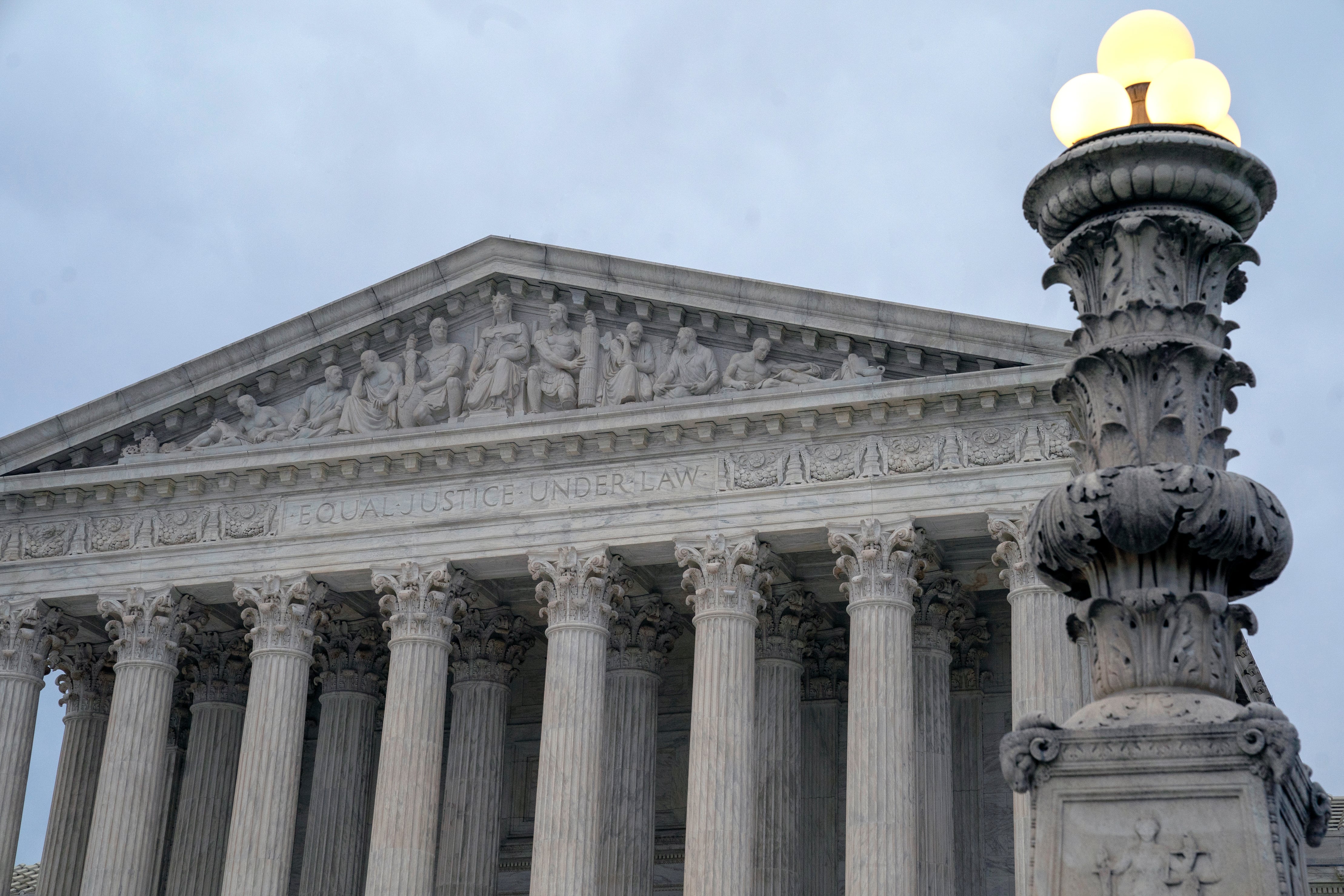Signed into law by President Donald J. Trump on Dec. 20, the 2020 National Defense Authorization Act permits active duty military personnel and their next of kin to file claims for death or personal injury caused by military medical providers.
Historically, military members have been blocked from filing such claims under the Feres doctrine, named for the plaintiff in Feres v. United States, the 1950 Supreme Court decision that ruled active duty military personnel could not hold the federal government liable for personal injuries that they suffered incident to service.
The new legislation lets service members hold the federal government liable for medical malpractice, but the law comes with significant limitations:
1. Service members will still not be able to file medical malpractice claims for personal injuries caused by medical malpractice in a combat zone;
2. Service members will not be permitted to sue in federal court. Their claims must be adjudicated administratively.
A substantiated claim under $100,000 will be paid directly to the service member or a surviving beneficiary by the Department of Defense.
The Treasury Department will review and pay claims that the Secretary of Defense values at more than $100,000.
Victims have two years from the date of injury to file a claim. However, victims seeking redress in 2020 are able to file claims for injuries that occurred in 2017.
RELATED

Although the new legislation creates path to redress for military medical malpractice victims, it leaves some roadblocks in place.
Those with injuries caused by military medical malpractice prior to 2017, no matter how egregious, do not have a way to recover damages.
Even for those who can file a claim, without the possibility of taking a case to federal court, the service member will have little recourse if he disagrees with the Defense Department’s assessment of his case.
Also, the Department of Defense has little institutional experience handling medical malpractice claims.
Notwithstanding the limitations of the legislation, this is an important and significant change in the law. It opens an avenue to justice for service members who have received negligent medical care.
Based in Washington, D.C., Navy veteran David P. Sheldon is one of the nation’s best attorneys specializing in military justice. Although he represents service members from all the armed forces, he’s been in the news lately for his victories against the Navy representing Senior Chief Special Warfare Operator Keith E. Barry and Lt. Natalie Combs.
Before joining Sheldon’s civil litigation division, Corey Bean served as an attorney in the Navy’s Judge Advocate General’s Corps for 10 years, defending service members in court-martial proceedings and before boards of inquiry. Today he also represents clients asserting claims under the Military Claims Act and Federal Tort Claims Act.
Their words do not necessarily reflect the opinions of Navy Times or its staffers.




